
Holy Week and Work: Washing Feet or Carrying Boxes?
In many Christian traditions, foot-washing ceremonies provide a way for brothers and sisters in Christ to express their deep commitment to and care for each other. Foot washing can feel almost sacramental for those who give and receive it.
Read Article
Holy Week and Work: Work Restored
Because of the cross, the day will come when creation is restored and renewed. In that day, we will experience work as God intended it to be. That is part of our future hope in Christ.
But then something happened to corrupt the goodness of work. Sin happened.
Read Article
Holy Week and Work: Encountering God at Work
But today I want to focus on something rarely mentioned among commentators: the centurion encountered God in his work. It’s not particularly unusual for people to meet God in their work. This happens – and should happen – all the time. But what is so striking in the case of the centurion is the kind of work he was doing when he had his divine encounter.
Read Article
Holy Week and Work: Remembering Jesus in the Products of Work
Several years ago, while visiting a church on Sunday morning, I saw a striking communion banner. It featured a creative and tasteful weaving together of wheat stalks and bunches of grapes. I appreciated the artistry that went into the design and production of the banner and was glad to have seen it.
Read Article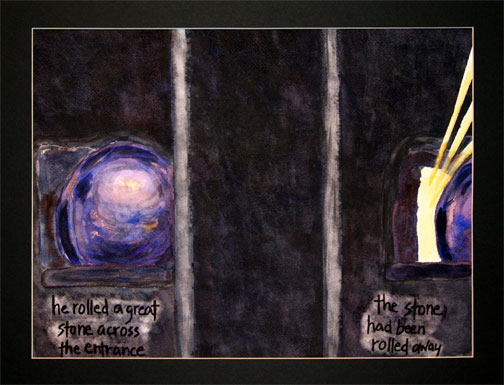
The Fourteenth Station: Jesus is Placed in the Tomb
In most human societies appropriate burial of dead bodies is a sacred tradition. It matters profoundly that we ensure the proper resting place for those who have died. Yet, after burials happen, we don’t generally mention them specifically.
Read Article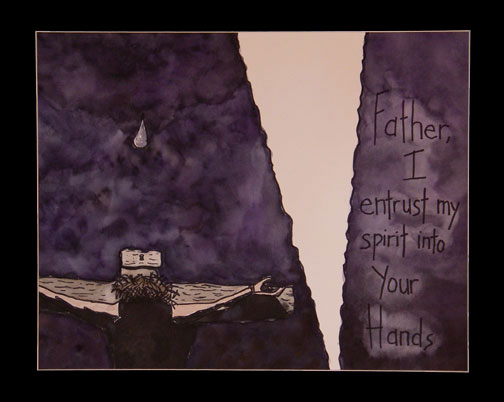
The Thirteenth Station: Jesus Dies on the Cross
At first glance, Luke’s version of the centurion’s response to Jesus’s death seems like a glaring understatement. “Certainly this man was innocent,” rightly identifies Jesus’s lack of guilt. It makes clear once again the fact that he didn’t deserve to be crucified for sedition against Rome. He was no ordinary revolutionary, no guerrilla warrior, no terrorist. So, yes, “this man was innocent.” But couldn’t Luke have done better than this in his telling of the story?
Read Article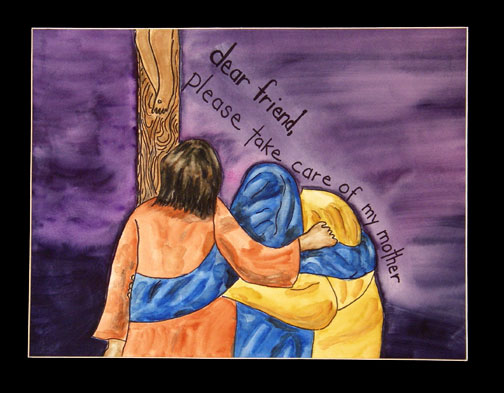
The Twelfth Station: Jesus on the Cross, His Mother, and His Disciple
The basic meaning of Jesus’s statement is clear. He was entrusting care of his mother to one of his most intimate friends and followers. He was making sure that she would be loved and cared for after Jesus’s death. Jesus knew he could trust his beloved follower with such an important responsibility.
Read Article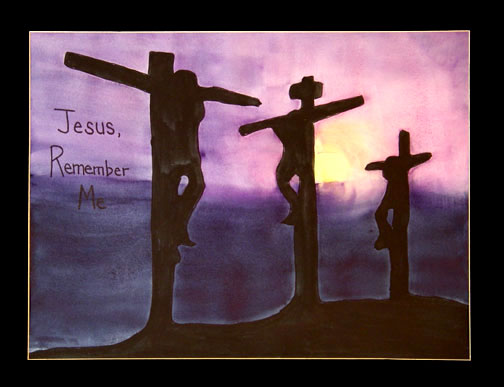
The Eleventh Station: Jesus Promises His Kingdom to the Good Thief
Three men being crucified, suffering excruciating pain, literally. (The word “excruciating” comes from the Latin cruciare, “to crucify.”) One man begins taunting Jesus, sarcastically calling out for salvation he believes Jesus can’t deliver. The other, sensing something that he has never felt before, defends Jesus as an innocent victim. Then, in desperate hope, he cries out: “Jesus, remember me when you come into your kingdom.” In response Jesus says a most astounding thing, a most encouraging thing, a most curious thing: “Truly I tell you, today you will be with me in Paradise.”
Read Article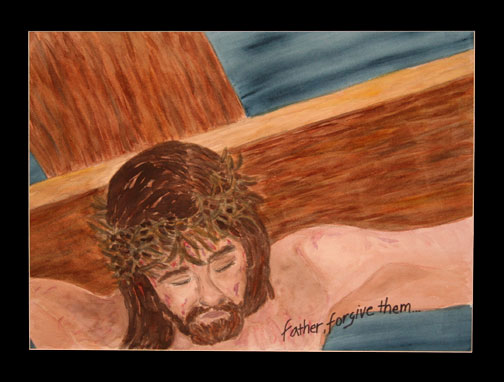
The Tenth Station: Jesus is Crucified
“They crucified Jesus.” “They,” in this case, refers to the Roman soldiers. Rome alone had the authority and the audacity to crucify people, one of the cruelest forms of execution ever devised. Crucifixion was so disgusting that Roman authors rarely referred to it. It was better left unmentioned.
Read Article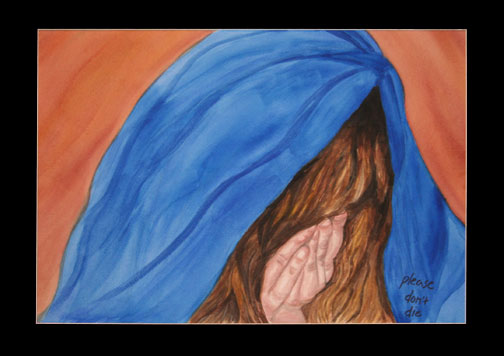
The Ninth Station: Jesus Meets the Women of Jerusalem
Luke 23:27 notes that “a great number of people followed [Jesus]” as he walked to Golgotha. Luke gives no indication that they were crying out for Jesus’s death. In fact, by mentioning the women weeping for Jesus, Luke implies that at least many among the “great number of the people” were upset by what was happening to Jesus.
Read Article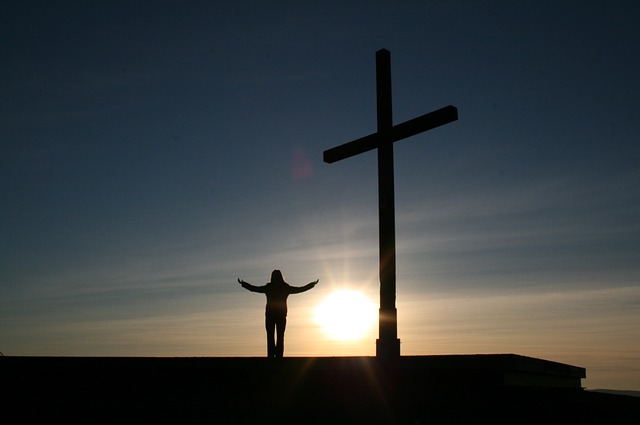
Does Easter Have Anything to Do with My Work?
If we think beyond the Easter celebrations to the reality being celebrated, Easter may turn out to be more relevant to work than we first think.
Read Article
Servant Leadership on Maundy Thursday
Jesus says he washed the disciples’ feet as a model for how they are to treat each other.
Read Article
Spy Wednesday and the Unexpected Meaning of Our Work
In some traditions it’s called Holy Wednesday, but I doubt that would have engaged my juvenile imagination.
Read Article